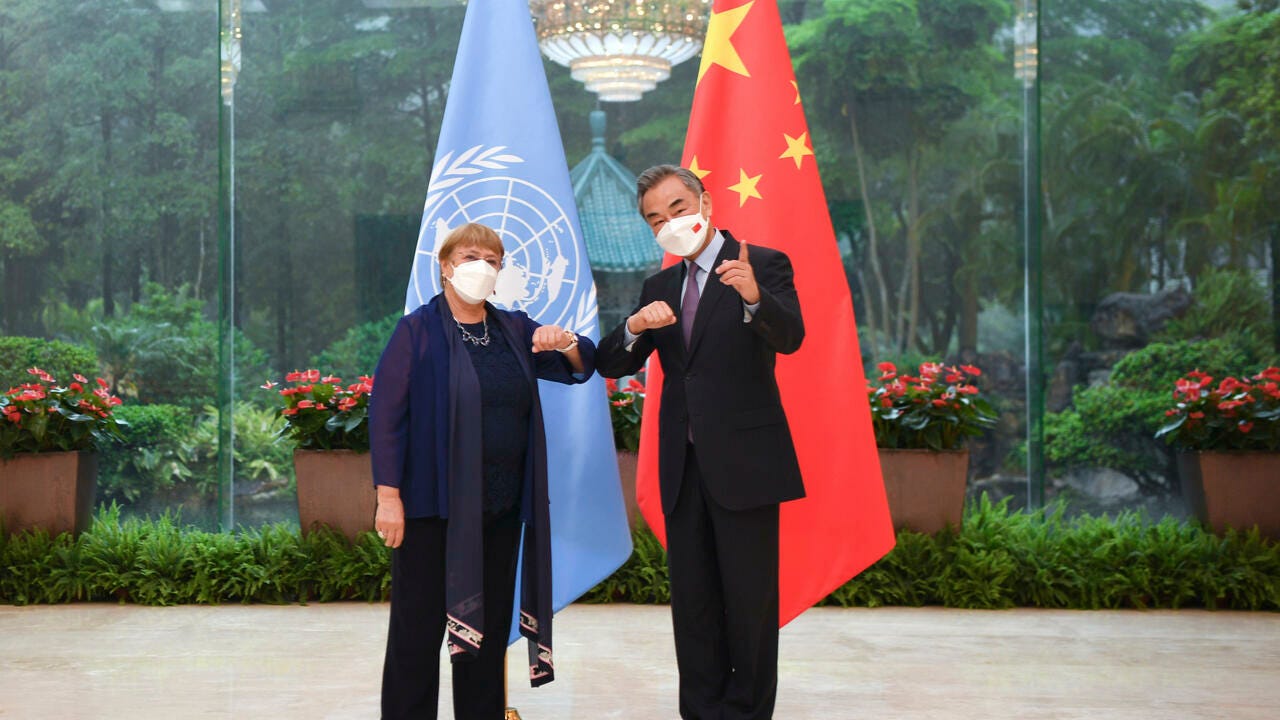Repression of Uighurs in Xinjiang: China Does Everything to Discredit the UN Report.
Michelle Bachelet is staking her legacy as head of the institution on this highly anticipated report.
Until now, China has only been moving behind the scenes to try to bury a report by the UN High Commissioner for Human Rights on repression in Xinjiang, where Uighurs and other Muslim minorities are victims of a policy of forced assimilation.
On July 26, 2022, China changed its strategy by publishing an open letter presenting the report as the work of “ce…
Keep reading with a 7-day free trial
Subscribe to Sylvain Saurel’s Newsletter to keep reading this post and get 7 days of free access to the full post archives.




